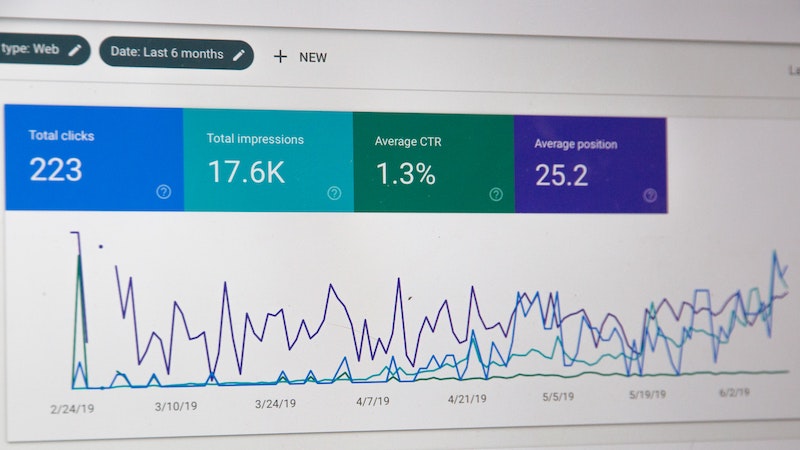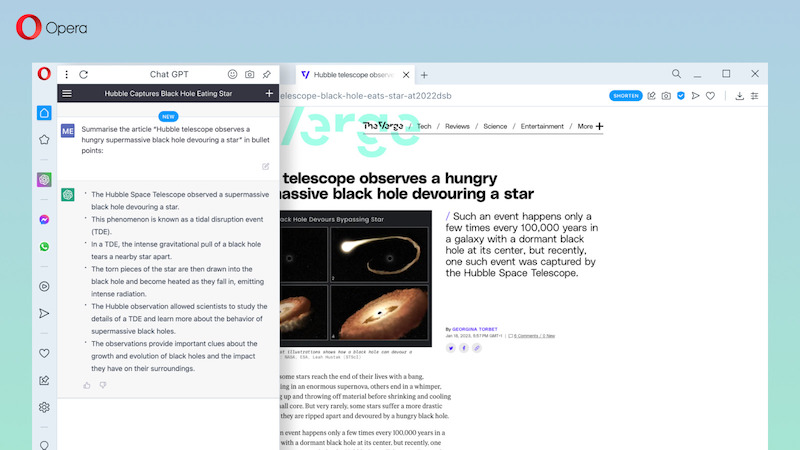Google uses the Pagerank algorithm to evaluate web pages based on their link structure. Now, webmaster-trends-analyst Gary Illyes has revealed that his rating scale is not between zero and ten, but reaches over 65,000. A story of myths and unknown factors.
The Pagerank algorithm used to be considered the most important factor for search engine rankings on Google. In 2014, however, the company announced its official phase-out – and after two years of irregular updates, the time had come: Google withdrew the algorithm from circulation.
Internally, however, the company did not stop working with it – and in a different way than we thought. But one thing at a time.
Pagerank algorithm: What is the story?
Google founder and former Alphabet CEO Larry Page developed the Pagerank algorithm with former Alphabet President Sergei Brin at Stanford University. They patented it in 1997.
The algorithm is a method that highly rates websites with many incoming links. This means that the more links there are on a website, the higher the algorithm ranks it in search results.
The Pagerank therefore rates a website based on its link structure. It does not differentiate between internal and external links, and content and Internet address do not play a significant role in the Pagerank rating.
In concrete terms, two factors are important: the number of websites that link to a page and the Pagerank of the linking pages.
How has the algorithm changed over the years?
In the past, the Pagerank algorithm was known as toolbar Pagerank. But in 2016 it disappeared from the scene as mentioned above.
Until then, the algorithm ranked every website with a publicly viewable value between zero and ten, with ten being the best value to achieve and zero the worst.
At that time, the Pagerank was superior to other algorithms because it was difficult to manipulate and therefore provided better search results.
But then Google started to focus more and more on other parameters like the weighting of linking websites, so the Pagerank lost its relevance over time.
The Pagerank algorithm scores between zero and over 60,000
Now webmaster trends analyst Gary Illyes has disproved a crucial myth in the Google podcast Search Off the Record – namely, the visible value between zero and ten.
According to the Google expert, the company uses completely different values internally. According to this, websites can achieve a rating between zero and over 60,000. The Pagerank is an integer number.
The actual scale thus has a much greater scope, even if this does not change the actual rating.
The portal SEO-Südwest calculates that the Pagerank algorithm can run with signs from minus 32,768 to 32,767. Without a sign, a website can reach a value of 65,535 according to SEO-Southwest.
Illyes says that the Pagerank of all websites lies somewhere in this range.
A highly rated site can pass on its Pagerank
Let us note: The Pagerank algorithm evaluates web pages based on their link structure. And that includes the rating of pages that link to the page to be rated.
This principle includes the entire link structure of the Internet. And this link tracking is based on the so-called Random Surfer Model. This means a user who surfs the Internet at random and gets to different pages through different links.
This also means that a highly rated website can pass on its high Pagerank to another site if it links to it. However, this value decreases the more links are set on this highly rated website.
What is the criticism of the Pagerank algorithm?
The Pagerank algorithm does not take the content of a website into account in its evaluation. This is also the biggest criticism. Because theoretically, this means that a website with bad content and many links can achieve a high ranking in the Google search engine.
For a long time it was also possible to buy links so that your own website would rank higher. Today we know the principle from social media – influencers buy followers to pretend to have a higher target group and to be able to enter into better cooperations with companies.
But we know that neither many links nor many followers say anything about the actual added value of a website or an influencer.
Exactly this could be the reason why Google no longer publicly states the true Pagerank and only operates internally with the numbers from zero to over 60,000.
What significance does the Pagerank algorithm have today for search engine optimization?
Therefore, the Pagerank does not play such a big role today when it comes to the ranking in the Google search engine. More important today is the Dwell Time of your website – factors that give information about how valuable the content is.
However, site operators should still not underestimate the links on their websites. If other sites link to their own content, this can naturally attract more visitors and thus potential customers.
However, the goal should not be to achieve a good Google ranking through links, but rather to cooperate authentically with other websites in order to help each other get more traffic.





